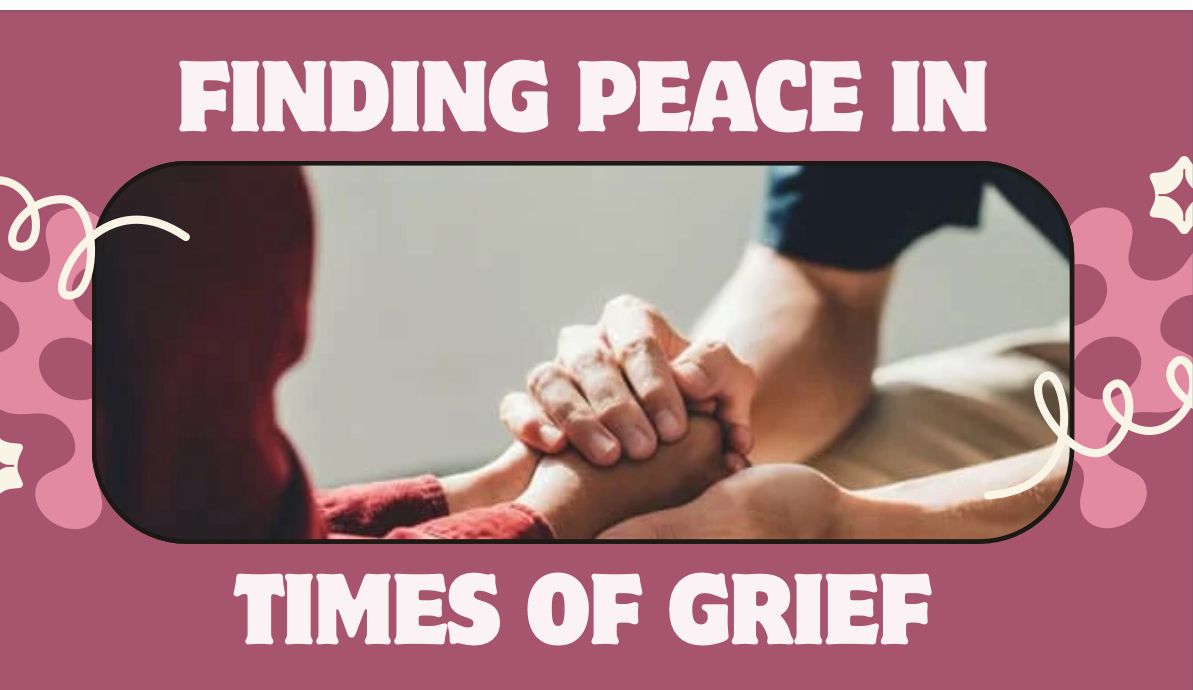
Finding Peace in Grief
Growing older often brings cherished wisdom, new priorities—and unfortunately, the sorrow of losing loved ones. As our parents enter their golden years, the bittersweet reality that we will eventually say goodbye becomes more pressing. Addressing this grief isn’t about “getting over it”—it’s about living with the loss, honoring our bond, and continuing to grow.
1. Allow Yourself to Feel—Wholly and Honestly
There is no “correct” grief. Whether it’s moments of sadness, anger, guilt, or relief—each emotion is valid. Healthline advises fully experiencing grief rather than suppressing it, and validating your feelings even when they shift unpredictably
2. Sit with the Loss Without Rushing
Grief isn’t a race; it unfolds in its own time. A respectful voice from Grief Watch encourages us to “sit with the loss… and let the magnitude dictate the timeline”—and not to rush ourselves.
3. Build Gentle Routines and Practice Self-Care
After losing a parent, the everyday can feel unsettling. The National Institute on Aging urges adopting simple daily habits—gentle meals, rest, light exercise—and reaching out for support when needed.
4. Talk, Share Memories, and Lean on Others
Opening up—whether through friends, support groups, or a counselor—eases isolation. Griefwatch and Healthline both stress the healing power of story-sharing, group support, and sometimes professional guidance.
5. Honor Their Memory in Meaningful Ways
Finding ways to honor your parent’s legacy—like preparing their favorite recipe, planting a tree, recording their stories—can offer peace and a sense of connection that death can’t erase.
Words of Gentle Wisdom
A guide in The Times reminds us: grief is not just about loss—it’s an emotional passage that asks us to stay with the pain, gradually letting it lead us toward healing:
“It’s better to be with the pain rather than try to fight it… Don’t rule out grief counselling… You don’t let go of grief; it lets go of you.”
And from The Guardian: sharing memories, avoiding rushed advice, and calmly managing inheritance or practical matters are key to navigating this time with care.
Gentle Guidance for This Journey
-
Be patient with yourself. There’s no timetable—and grief often returns in waves.
-
Stay connected. Share moments—sacred or silly—with trusted friends or family.
-
Seek quiet rituals. Lighting a candle, journaling, walking in a special place—small acts that bring comfort.
-
Reach out. If grief feels overwhelming or endless, it’s okay to talk to someone trained to help—like a grief counselor.
In the End
Grief is part of love—unspeakable pain that reflects the bond we’ve built. As our parents age and cross that profound threshold, honoring their memory by living fully in theirs is the greatest tribute.
May this reflection offer quiet comfort, solidarity, and space for healing.



